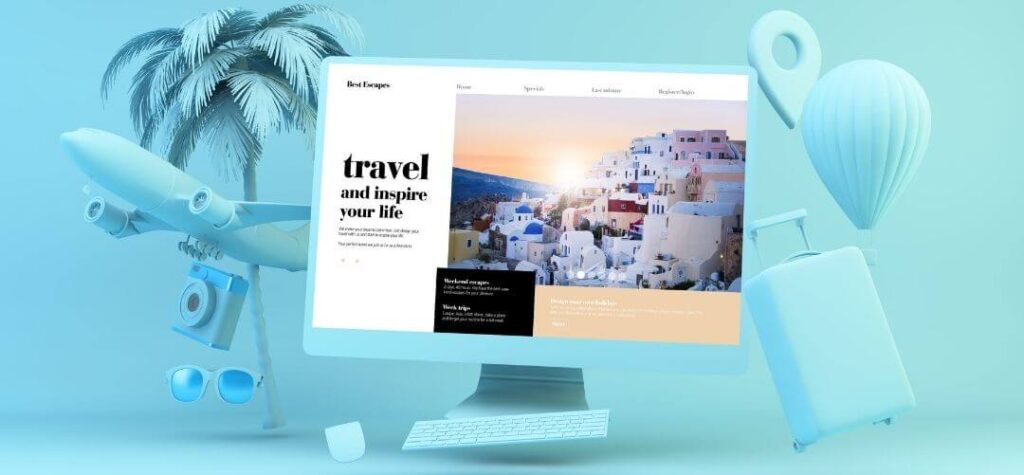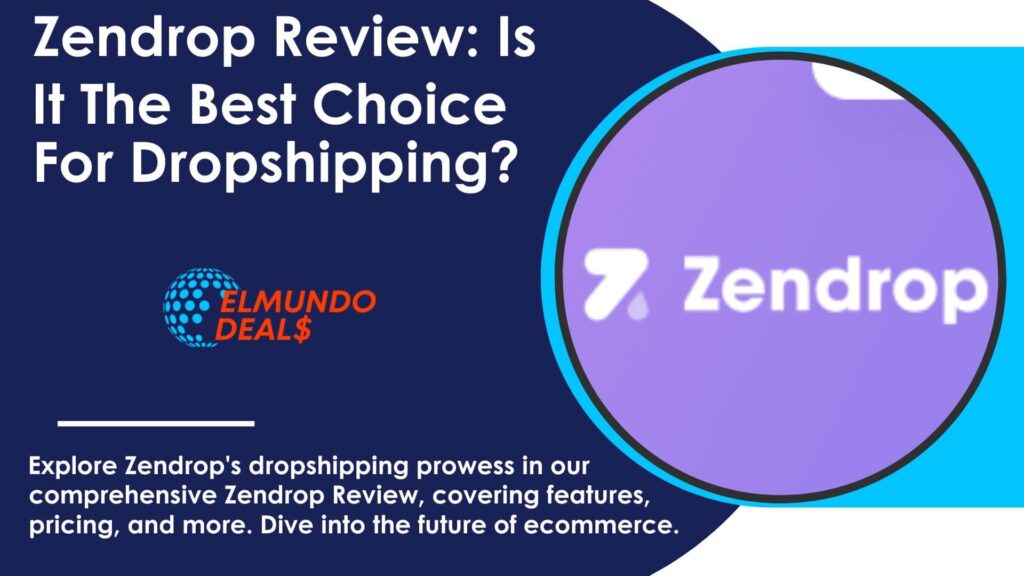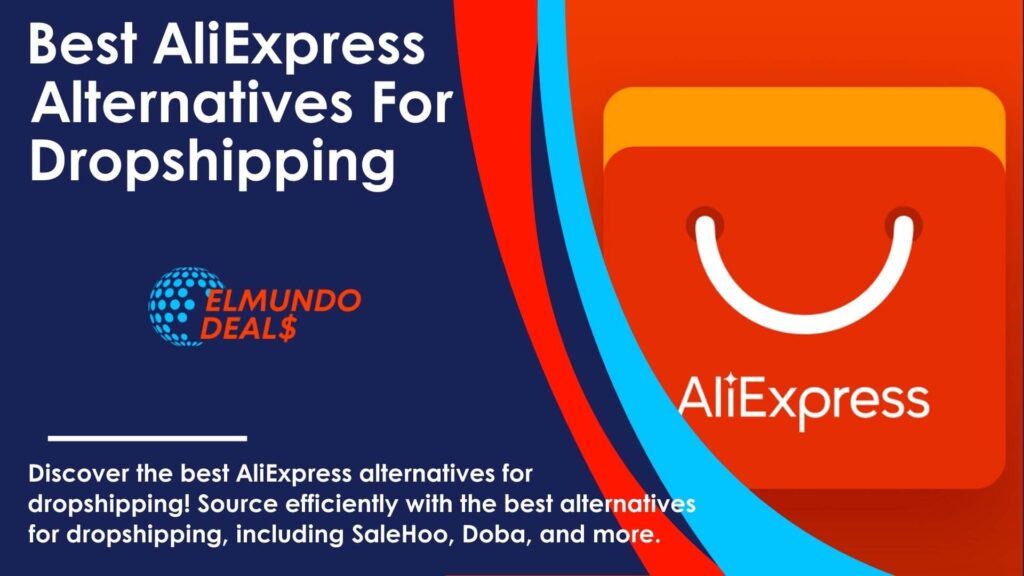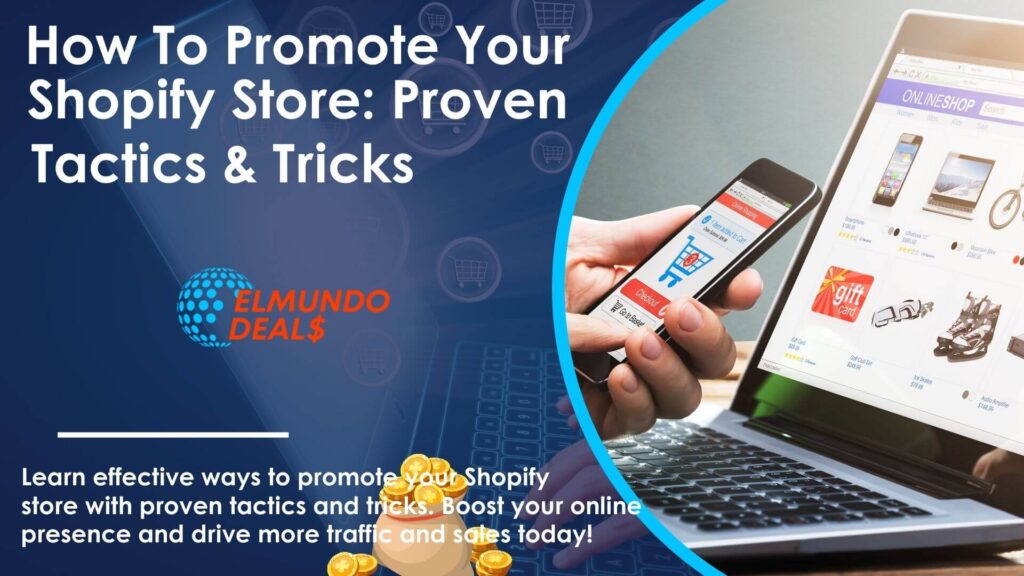What Is A Blog? Blogging Definition, Benefits And Tips – Start A Blog
Are you curious about what a blog is and why so many people are blogging all over the web? Whether you’ve heard of them before or not, blogs have become one of the most popular forms of content online.
From sharing personal stories to informing audiences on specific topics, there are countless ways that anyone can use a blog in their life.
In this blog post, we’ll dive into just what a blog is and how it can help readers learn more about any subject they’re passionate about.
What is a blog?

A blog is a type of website that contains regularly updated content, typically written in an informal and conversational style.
The term “blog” is short for weblog, which refers to a log or online diary-type entry made on the web. Blogs have evolved from traditional personal diaries into powerful tools for sharing information and engaging with readers.
Blogs usually consist of posts that are organized in reverse chronological order, with the newest post appearing at the top of the web page.
These posts can cover a wide variety of topics, such as news, lifestyle, fashion, food, politics, and more.
Since they are updated regularly, blogs provide fresh and relevant content for readers to consume on a daily or weekly basis.
Moreover, blogs often allow for reader engagement through comments, making them a great platform for discussion and online community building.
Why is blogging popular?
The rise of blogging can be attributed to the ease and accessibility of creating and sharing content online. Anyone with an internet connection and basic computer skills can start a blog, making it a democratized form of media.
Blogging also provides individuals and businesses with a platform to express their opinions, showcase their expertise, or promote their products or services. Furthermore, blogs have become a valuable source of information and entertainment for readers.
They offer diverse perspectives and insights on various topics that traditional media outlets may not cover. Moreover, blogs can provide in-depth analysis and personal experiences that give readers a more intimate understanding of a subject.
Also, most blogs are interactive and allow readers to leave comments and engage with the author and other readers. This creates a sense of community and fosters discussions that can lead to new ideas, connections, and friendships.
What is a blogger?

A blogger is a person who creates content for a blog. They are the author, blog owner, and editor of the blog, responsible for writing posts, managing the design and layout, and maintaining the overall branding and voice of the blog.
Bloggers come from all walks of life and can cover a wide range of topics. Some bloggers may choose blog blogs to focus on their personal experiences, while others may write about their hobbies, interests, or areas of expertise.
Some professional bloggers make a living from blogging by monetizing their blogs through advertisements, sponsored content, and affiliate marketing.
Being a blogger requires dedication, consistency, and creativity. It involves researching and writing informative and engaging content that resonates with the target audience. Bloggers must also have the technical skills to manage and maintain their blogs well, as well as the personal skills to engage with readers and foster a community around their blogs.
Moreover, successful bloggers need to have a strong understanding of SEO (search engine optimization) in order to attract more readers through search engines. They also need to be active on social media platforms in order to promote their blog content and reach a wider audience.
Blogging can also be a collaborative effort, with bloggers teaming up to create guest posts, collaborations, and even joint blogs. This allows for the exchange of ideas and perspectives between blog owners, as well as expanding reach and growing audiences.
Want to start a blog?
There are a few simple steps to follow in order to start a blog:
Starting a blog is relatively simple, but it requires dedication and hard work to grow and maintain an engaged audience. Also, remember that blogging is a continuous learning process, so feel free to experiment with different techniques and strategies until you find what works best for you and your blog.
Now that you have a better understanding of what a blog is, its benefits, and how to start one, it’s time to unleash your creativity and share your thoughts with the world!
How to make money From Your blog?

Here are the steps you can follow to monetize your writing blog posts and earn money as a blogger:
Choose a specific niche.
The first and most crucial step in making money as a blogger is to choose a specific niche for your blog. A niche is a specialized topic or subject that you will focus on and create content about. Having a clear niche helps attract a targeted audience and establish yourself as an authority in that area.
When choosing a niche, consider your interests, expertise, and what people are searching for online. It’s important to find a balance between your passion and profitability. Some popular niches for blogs include fashion, travel, food, personal finance, technology, and health and wellness.
Also, consider the competition in your chosen niche. It’s okay to have some competition, but too much can make it challenging to stand out and attract readers.
Make the most of SEO.
In order to monetize your blog, you need to attract a significant amount of traffic. One way to achieve this is through search engine optimization (SEO). SEO involves optimizing your website’s content and structure to rank higher on search engines like Google.
To make the most out of SEO, you need to understand how it works and apply its principles when creating and promoting your web pages and content. Some essential aspects of SEO include keyword research, meta descriptions, alt tags, and backlinks.
- Keyword research – this involves finding the right keywords to use in your content that will attract more search traffic. Use tools like Google Keyword Planner or SEMrush to find relevant keywords with high search volume and low competition.
- Meta descriptions – these are short summaries of your content that appear in search engine results. Make sure to include your target keywords and make them compelling to entice users to click through to your blog.
- Alt tags – these are descriptions of images used on your blog. Including alt tags with relevant keywords can help improve your blog’s visibility on image searches.
- Backlinks – these are links from other websites that direct users to your blog. Backlinks not only drive traffic to your site but also signal to search engines that your content is valuable and trustworthy.
Start with evergreen posts.
Evergreen posts are articles or blog posts that remain relevant and valuable for an extended period, often for years. These types of posts have a timeless quality to them and can attract traffic over time, making them ideal for monetization.
When starting your blog, it’s essential to create evergreen content, as it will continue to generate traffic and income long after you’ve published it. Some examples of evergreen topics include “How-to” guides, top 10 lists, group blogs, and product reviews.
To ensure your posts have a lasting appeal, make sure to avoid using trendy buzzwords or current events that may quickly become outdated. Instead, focus on providing timeless and useful information that will continue to attract readers over time.
Additionally, you can update your evergreen posts periodically to keep them relevant and up to date. This will not only improve their SEO but also provide value to your readers.

Set up a regular publishing schedule.
Consistency is key when it comes to blogging. Setting up a regular publishing schedule not only keeps your readers engaged but also signals to search engines that your blog is active and regularly updated.
Decide how often you want to publish new content, whether it’s once a week or multiple times a week, and stick to it. This will help you build a loyal readership and attract new followers over time.
It’s also essential to plan your content and create a content calendar. This will not only help you stay organized but also ensure that you have a good mix of different types of posts, such as evergreen content, timely news pieces, and promotional posts.
Moreover, consistency in publishing can lead to opportunities for sponsored posts or partnerships with brands interested in working with bloggers. Companies often look for successful blogs that have a regular and engaged readership to promote their products or services.
Plus, a regular publishing schedule allows you to plan and promote your content in advance, increasing its visibility and potential for monetization.
Go after backlinks and collaborations.
Another way to monetize your blog is by building relationships with other bloggers and websites. This can lead to opportunities for backlinks, guest posts, and collaborations that can drive traffic and income to your blog.
Reach out to relevant blogs in your niche and offer to exchange guest posts or promote each other’s content. This not only helps boost your SEO but also exposes your blog to a new audience.
Additionally, you can join blogger networks or platforms that connect brands with bloggers for sponsored collaborations. These can include product reviews, sponsored posts, and even affiliate partnerships.
Additionally, be sure to maintain a professional and authentic presence on social media platforms, as it can also lead to collaborations with brands interested in working with bloggers.
Don’t spread yourself too thin with social media.
While social media can be a powerful tool for promoting your blog and attracting readers, it’s essential to spread yourself evenly. With so many different platforms available, it can be tempting to create profiles on all of them in hopes of reaching a larger audience. However, this may be counterproductive.
Each social media platform has its unique features and audience, and it’s essential to understand which ones are the most suitable for your blog. For example, if your blog focuses on fashion or travel, platforms like Instagram may be more effective in showcasing visual content. On the other hand, if you write about technology or personal finance, Twitter or LinkedIn may be better options.
It’s also crucial to consider the time and effort required to maintain a presence on each platform. Creating quality content for multiple social media profiles can be time-consuming and take away from the time you could spend creating new blog posts.
Instead, focus on building a strong presence on one or two platforms that align with your target audience and goals. This will allow you to create quality content consistently and engage with your followers effectively.
Moreover, feel free to experiment and switch up your social media strategy if you find that a particular platform is not driving results. It’s better to have a strong presence on one platform than a mediocre presence on multiple.

Get your readers’ email address.
As a blogger, it’s crucial to have a direct line of communication with your readers. One way to achieve this is by collecting their email addresses. This allows you to send newsletters, updates, and promotions directly to their inbox.
Email marketing has proven to be an effective tool for bloggers looking to monetize their blogs. It gives you the opportunity to build a relationship with your readers, provide them with exclusive content or promotions, and ultimately convert them into paying customers.
One way to collect email addresses is by offering a freebie or opt-in incentive. This can be anything from an e-book, a cheat sheet, or a printable that your readers can access in exchange for their email address. Make sure the freebie aligns with your blog’s niche and provides value to your audience.
Additionally, make it easy for readers to sign up for your email list by including opt-in forms on your personal web pages and in relevant blog posts. You can also promote your email list on social media platforms or in collaboration with other bloggers.
Nurture your audience while you grow your blog.
As you work towards monetizing your blog, it’s essential to remember that building a loyal readership and providing value to them should be your top priority. Your audience is what will ultimately attract potential partnerships and income opportunities.
Always stay true to your niche and create content that resonates with your readers. Engage with them through comments, social media interactions, and email communication. This will not only help you understand your audience better but also make them feel valued and appreciated.
As your blog grows, consider offering additional services or products to further monetize your platform. These can include e-courses, coaching sessions, or merchandise that aligns with your brand and resonates with your audience.
Be patient and persistent.
Finally, monetizing your blog will require patience and persistence. It takes time to build a following, gain traction on social media platforms, and establish credibility in the blogging world.
Keep going even if you don’t see immediate results or if you face rejection from potential partnerships. Keep creating quality content, engaging with your audience, and exploring new opportunities. With time and perseverance, you will see your blog grow and thrive.
So keep at it, and remember to always have fun with it! Your passion for blogging should be the driving force behind monetization efforts, so enjoy the process as you continue to build and expand your blog’s reach.
Tips for success in monetizing your blog

Pros and cons of monetizing your blog
Pros:
Cons:
Overall, monetizing your personal blogs can be a fulfilling and exciting journey, but it requires dedication, persistence, and patience. Remember to always prioritize providing value to your audience and staying true to your niche as you explore different avenues for monetization.
FAQs On What Is A Blog?

What is the purpose of a blog?
A blog is a platform for individuals or businesses to share their thoughts, experiences, and expertise on various topics with an online audience. It can serve as a personal diary, a space for self-expression, or a means of providing valuable information and content to readers.
What are the main features of a blog?
A typical blog typically consists of a series of articles or posts displayed in reverse chronological order, with the most recent post appearing first. It allows for interaction through comments and social media sharing. Other features may include:
- Categories and tags to organize content.
- A search bar for easy navigation.
- An about page.
- Contact information.
Many blogs also have visually appealing layouts, images, and multimedia elements to engage readers. Additionally, blogs often have a specific niche or focus, whether it’s personal, lifestyle, fashion, travel, or business-related. Overall, the main features of a blog are accessibility, interactivity, and unique content that caters to a specific audience.
What is a blog and its types?
A blog is a type of online platform or website where individuals or businesses can share their thoughts, experiences, and expertise on various topics with an audience. There are several types of blogs, including:
- A personal blog where individuals share their experiences and opinions on various topics.
- A business blog that focuses on promoting products or services related to a company.
- News or journalism blogs that report on current events and provide analysis and commentary.
- Niche or lifestyle blogs that specialize in specific areas such as travel, fashion, food, or technology.
What is the difference between a blog and a website?
While both blogs and websites are online platforms, they serve different purposes. A blog typically consists of regularly updated posts or articles displayed in reverse chronological order, with the most recent post appearing first.
Its main purpose is to share information, opinions, and experiences on a particular topic with an online audience. On the other hand, a website can have various functions, such as promoting a business, providing information about products or services, and hosting online transactions.
It usually has static content that stays mostly the same compared to a blog’s constantly updated posts.
Can anyone start a blog?
Yes, anyone can start a blog regardless of age, background, or experience. However, to have a successful and sustainable blog it requires dedication, consistency, and patience. Building an audience and monetizing your blog takes time and effort, but with passion and perseverance, anyone can start and grow a own blogs.
Overall, blogging is an accessible platform that allows individuals to share their voices and reach a global audience. So, if you have something valuable to share, don’t hesitate to start your blogging journey.

Are there any costs associated with starting a blog?
Starting a blog can be relatively affordable, but it’s essential to consider some potential costs, such as purchasing a domain name and hosting services. Additionally, depending on your niche and goals, you may need to invest in tools or resources to create quality content or promote your own blog.
However, there are also free blogging platforms available for those who want to start with minimal expenses. Ultimately, it’s up to the individual to decide how much they want to invest in their first blog move.
Overall, starting a blog can be as affordable or expensive as you make it, but with proper planning and budgeting, anyone can start a successful blog within their means.
How often should I post on my blog?
The frequency of posting on your blog ultimately depends on your goals and niche. Some bloggers may post daily, while others may post once a week or even less frequently. It’s important to find a balance between creating quality content and maintaining consistency.
Posting too often can lead to burnout, while not posting enough may result in losing readership. Ultimately, it’s best to establish a schedule that works for you and your audience. Additionally, it’s essential to prioritize creating valuable content over posting frequently.
Conclusion: What Is A Blog? Make Your Blog
To end, a blog can be an incredibly powerful communication tool as well as a great way to make money from home. While there are some technicalities involved when setting up and maintaining your blog, it is definitely possible to do so on your own if you are willing to take the time and put in the effort.
By researching blogging best practices and keeping yourself inspired, you can get started creating content that your audience will appreciate.
Finally, consider taking advantage of the various monetization efforts available through blogging so that, eventually, you can turn your passion into income. If this sounds like something you’re interested in trying out for yourself, then now is the perfect time to dive right in.













